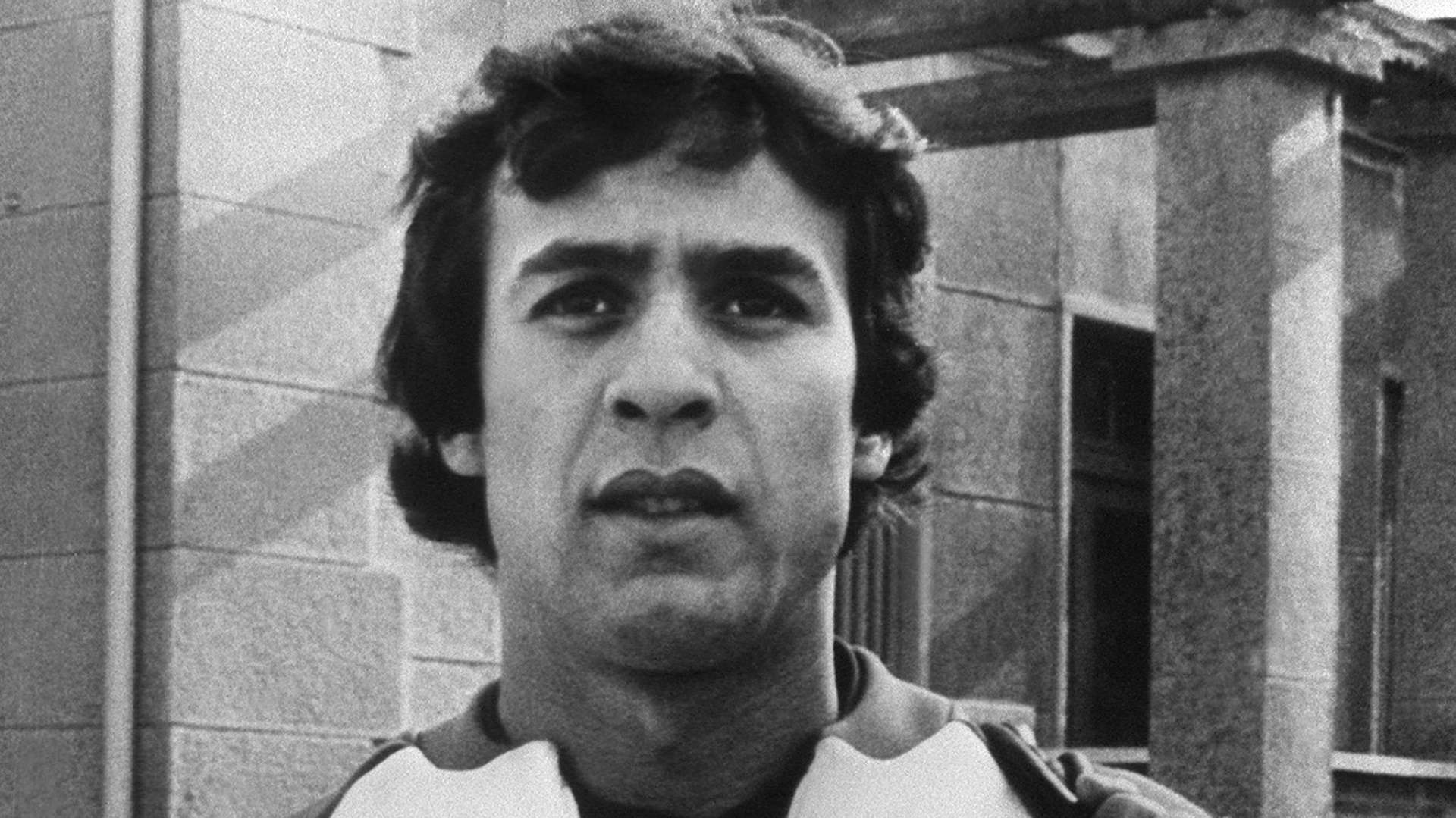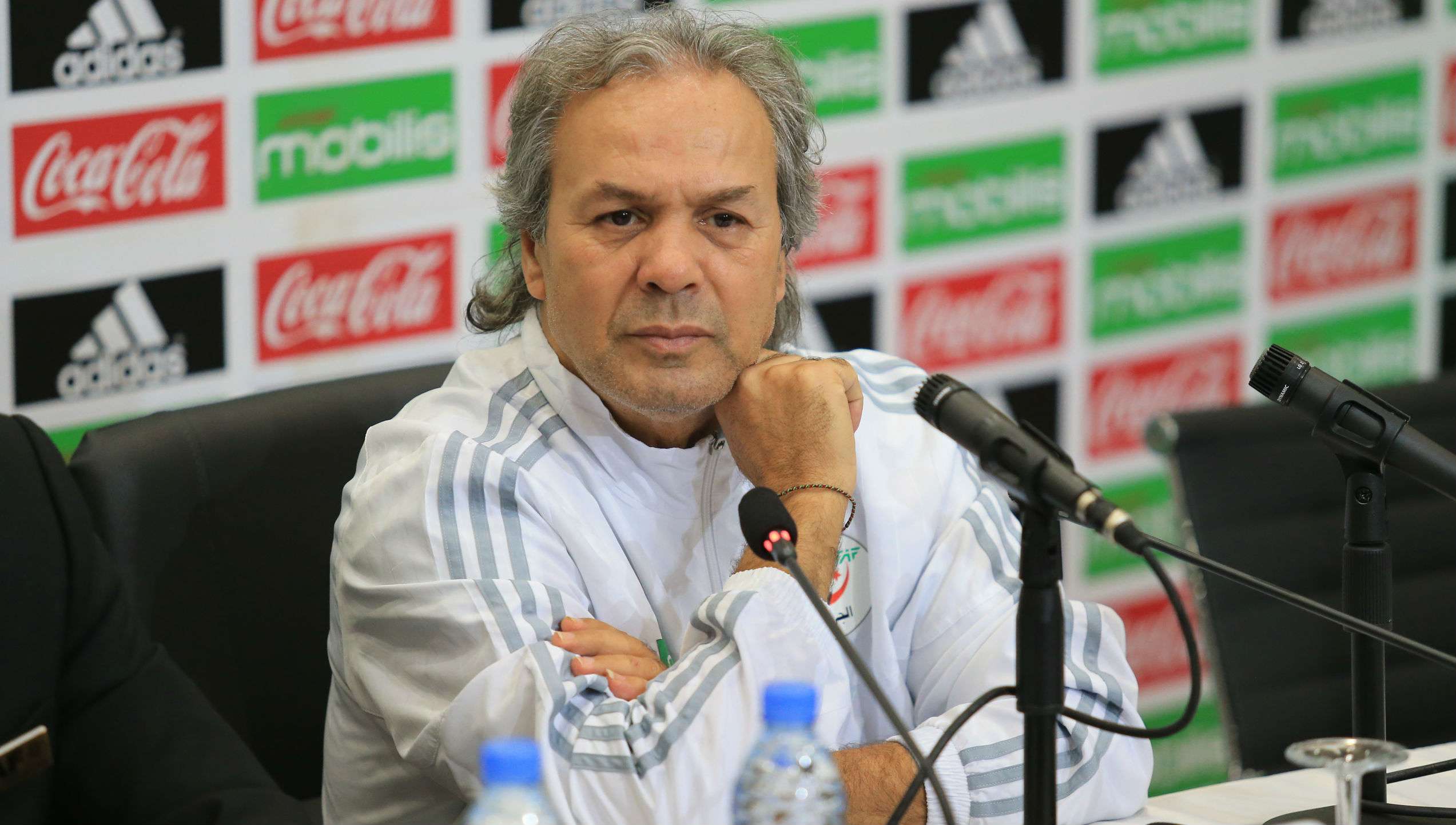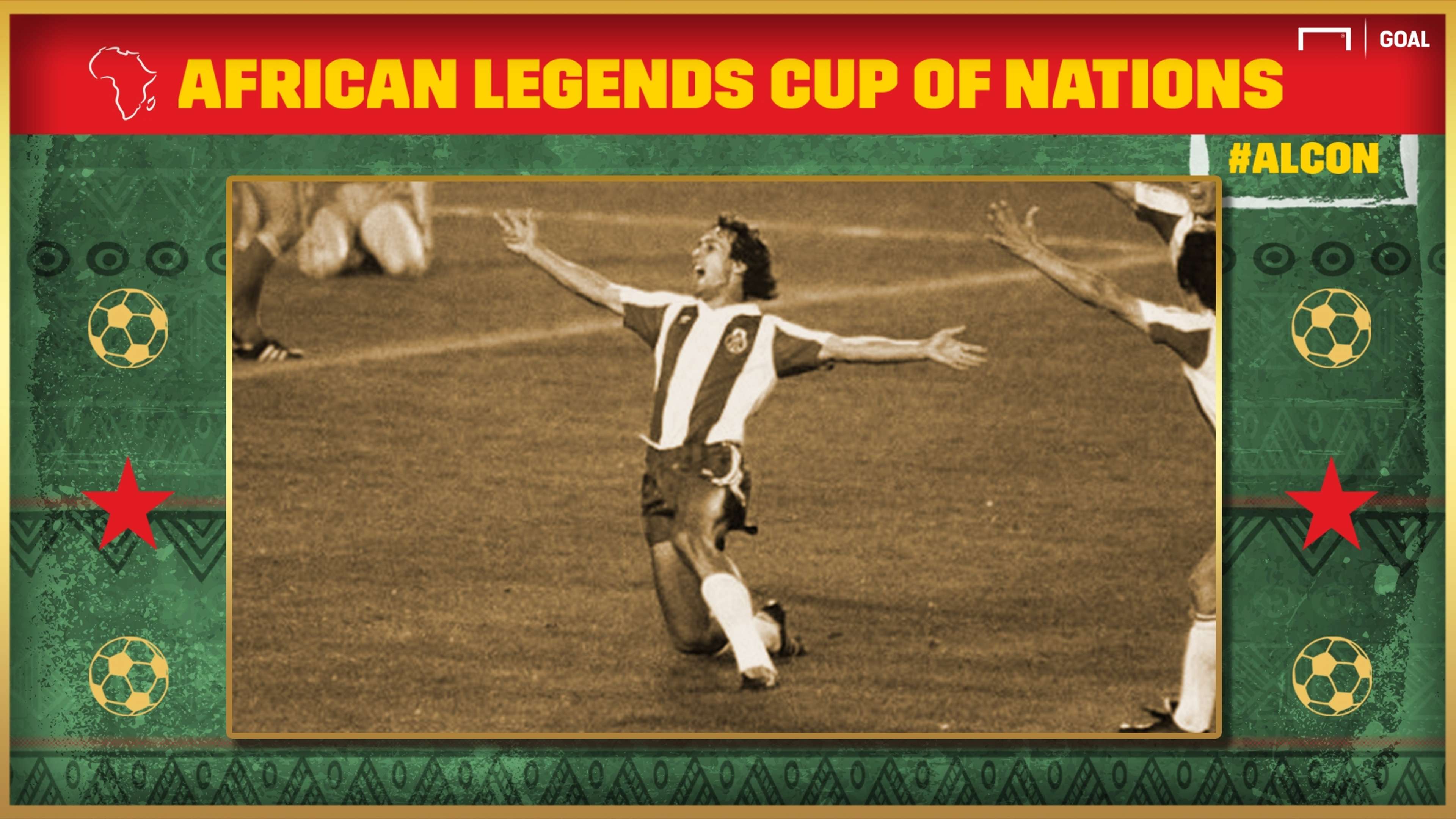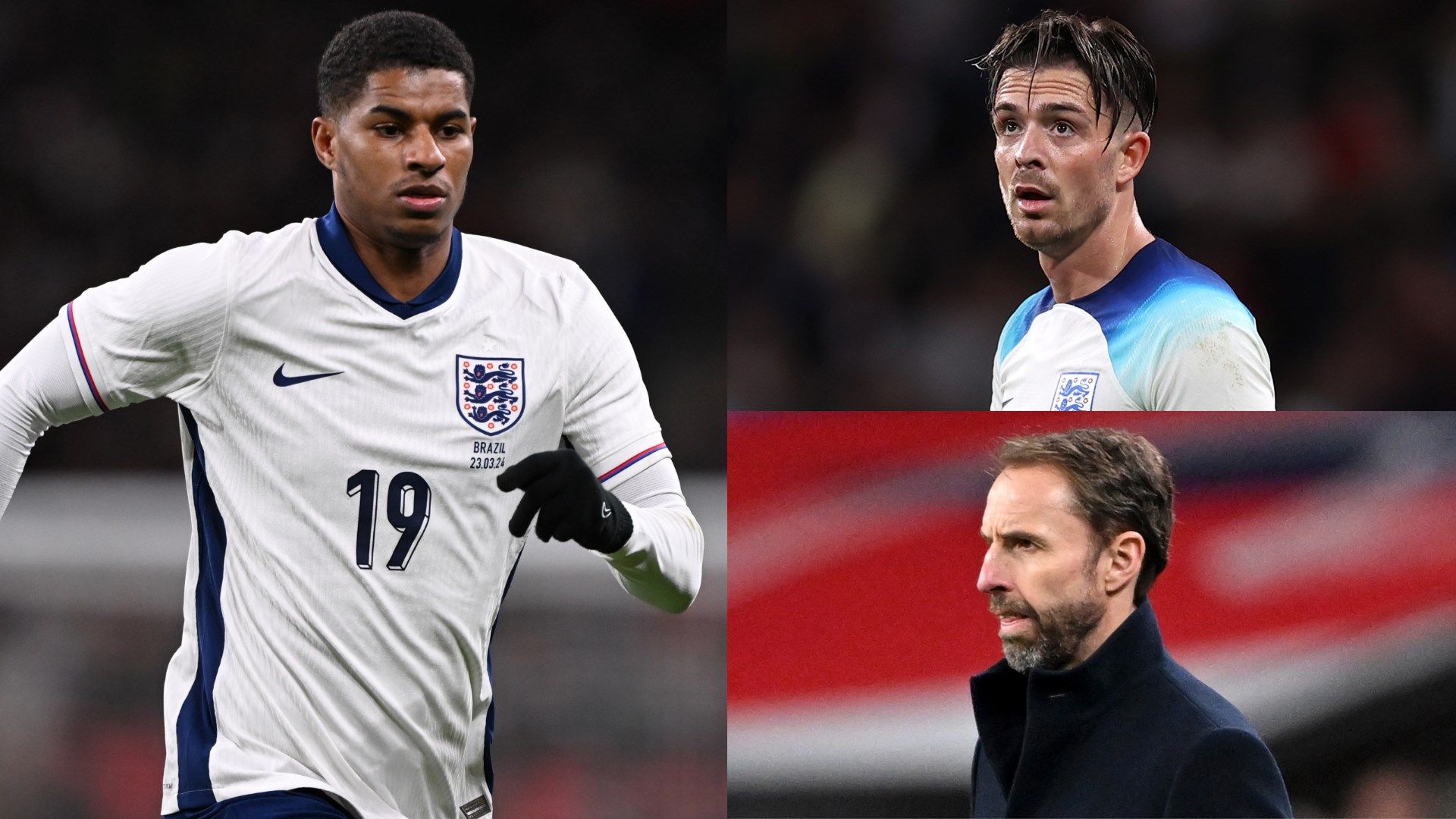Rabah Madjer was one of the first Algerian players to be recognised internationally, a fame which is explained by an obvious talent and one specific moment of technical genius on the grandest stage.
Madjer is a name that has stood the test of time to be constantly mentioned and revived, even thought the man himself hung up his boots almost 28 years ago.
With that moment of genius on May 27 1987, he entered the annals of football history.
It was, of course, that magical backheel in FC Porto’s European Cup final victory over Bayern Munich, and even though it was perhaps more of a happy reflex rather than magical inspiration, it’s author still holds the copyright for such a flamboyant wondergoal in the biggest club match of the year.
 Getty Images
Getty Images
A backheel for eternity
Long before the Jose Mourinho era, FC Porto reached the pinnacle of the European game, due in no small part to Madjer.
The Algeria striker had illuminated the famous Viennese evening with his backheel before providing the assist for the winning goal, becoming the first North African player to win the European Cup.
Even today, this performance symbolises his class, even to the point that it perhaps puts the rest of his career in the shadows, even though his CV—86 caps between 1978 and 1992—is among Africa’s finest.
Who else among the big names that this beautiful continent gave birth to can boast of having won the Caf African Footballer of the Year award, the Champions League, the Africa Cup of Nations and featured in the World Cup?
In fact, Madjer features in a special class of just three other players—Samuel Eto’o, Didier Drogba and Yaya Toure.
This is evidence of the standing he holds within the African game, and demonstrates the imprint he left on the continent’s footballing narrative.
In his quest for glory, he overcame all obstacles
A native of Algiers, Madjer did not have a straightforward route to the top.
Like all the Algerian talents of his time, he had to outdo himself both to break through and progress, but also to overcome the obstacles that presented themselves on his way.
His first accomplishment was to not be discouraged in the face of currents working against him, and to realise his dream of becoming a professional player.
In 1983, he won his showdown against the Algerian authorities by becoming (along with Salah Assad), the exception to the law then in force in his country which prohibited players from expatriating abroad.
He subsequently enjoyed his rise to the top, to reach a level that none of his compatriots had been before.
He was, of course, not the first genius that this beautiful Maghreb country saw shine.
Before him, Rachid Mekhloufi, Mustapha Zitouni and Hacene Lalmas have also been discussed as the nation’s finest and some believe that these players were more gifted than the ex-prodigy of Porto.
However, one of Madjer's major achievements is to have been able to open doors, which had hitherto been closed and which were believed, by many, to have been locked shut for Algerian players.
He paved the path that many followed and also prove that—through perseverance and hard work—an Algerian could become one of the game’s major attractions.
To do this, he of course relied on his obvious innate qualities, his remarkable ambidexterity, as well as a hint of fortune—which was not enjoyed, for example, by his friend and compatriot Lakhdar Belloumi.
 Algeria and Africa owe him so much
Algeria and Africa owe him so much
Madjer wasn’t just a pioneer for North Africa and the rest of the continent in Europe.
He was the person who scored Algeria’s first goal in a World Cup when, in June 1982, he put Les Fennecs on their way to their greatest success by opening the score against an ominous Germany side in that famous 2-1 victory in Gijon.
It was the first victory for an African team against European opposition at the global tournament, and remains one of the continent’s finest moments in the history of the competition.
He was also the first Algeria captain to win the Africa Cup of Nations title—in 1990—a triumph in which he firmly established his place as a key pillar of the side.
The only player who’s matched this achievement is Riyad Mahrez in 2019, although even he can’t come close to matching Madjer’s feat of becoming Africa’s first scorer in a Champions League final.
In fact, no other African player scored in the match again until Samuel Eto’o netted for Barcelona against Arsenal in 2006, and the first from North Africa until Mohamed Salah against Tottenham Hotspur last season.
He was also the only African player to score in the final of the now defunct Intercontinental Cup, the precursor to the Club World Cup, also winning the Man of the Match award as Porto defeated Penarol.
Having achieved so much, his awesome playing career cannot take away from his underwhelming coaching career, where he struggled to recreate his earlier success.
While he perhaps could not justify the title of Africa’s best ever player, he certainly deserves his place in the pantheon of greats—and his spot among the 32 icons who qualified for the African Legends Cup of Nations.
Ultimately, his beautiful backheel against Bayern was only the signature moment of a genuinely excellent body of work.




.jpg?auto=webp&format=pjpg&width=640&quality=60)